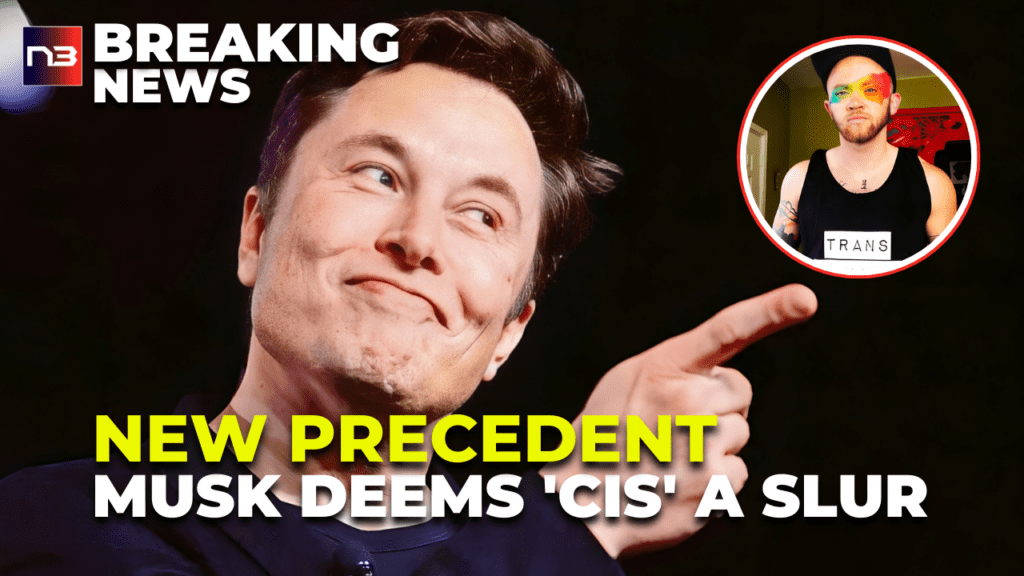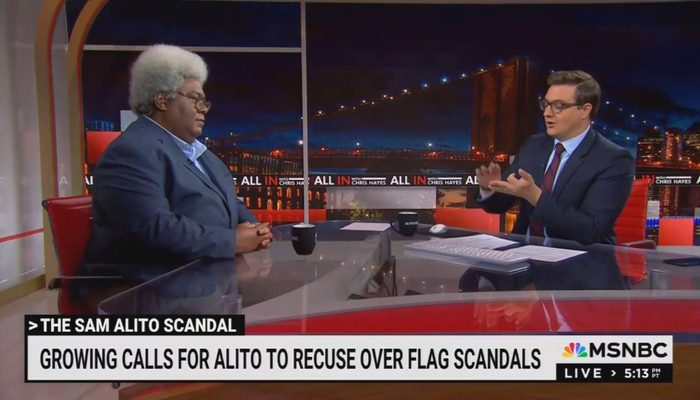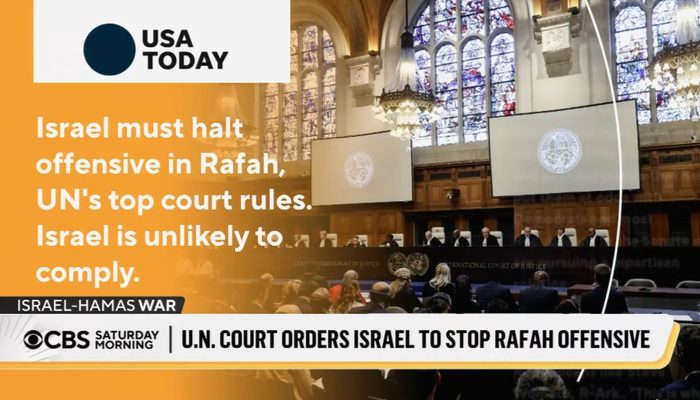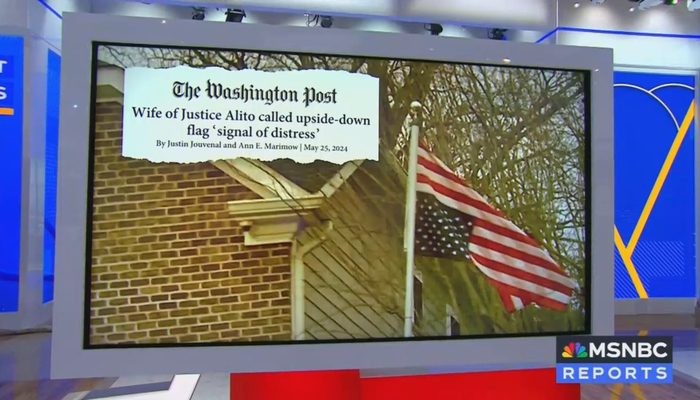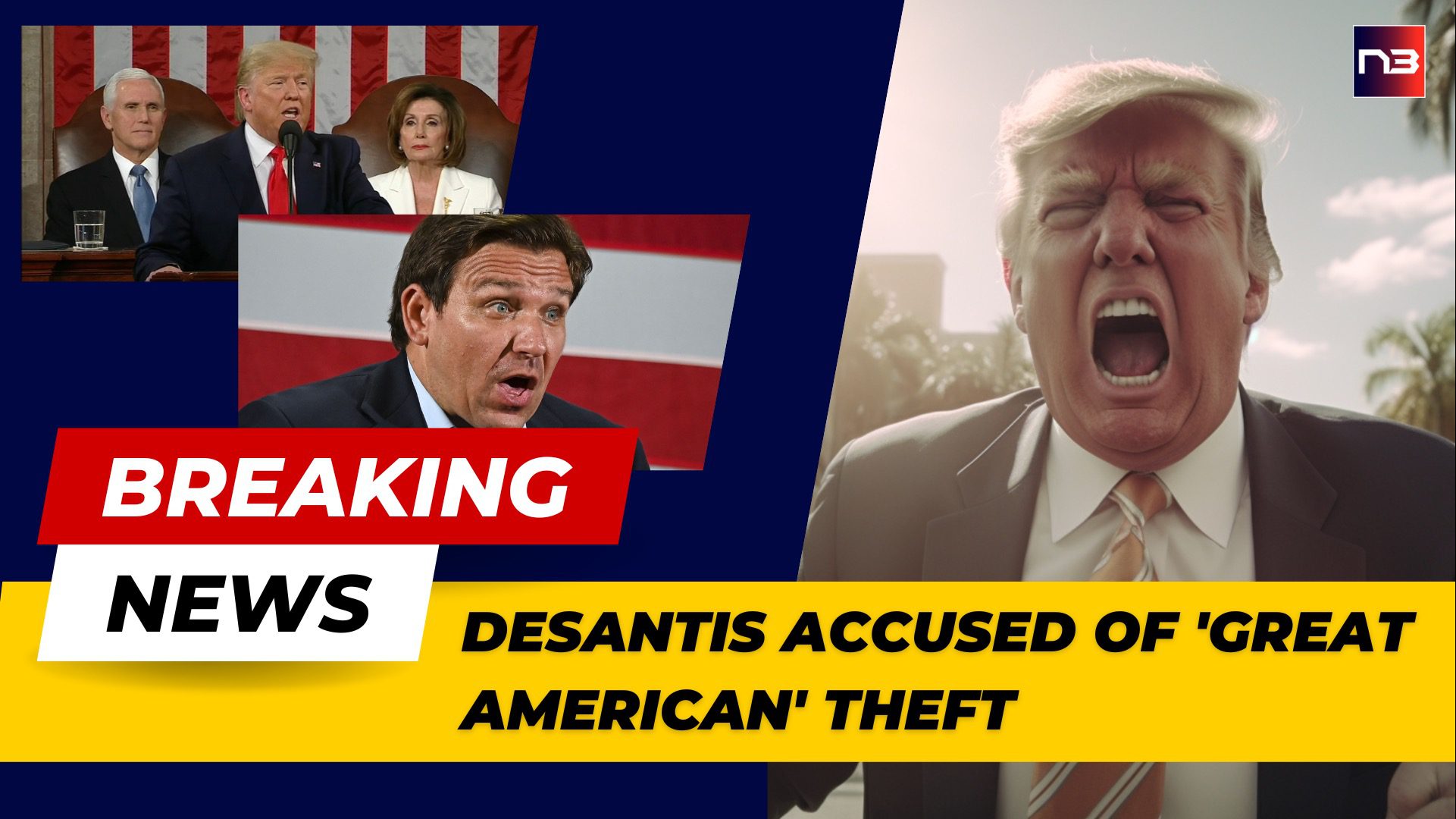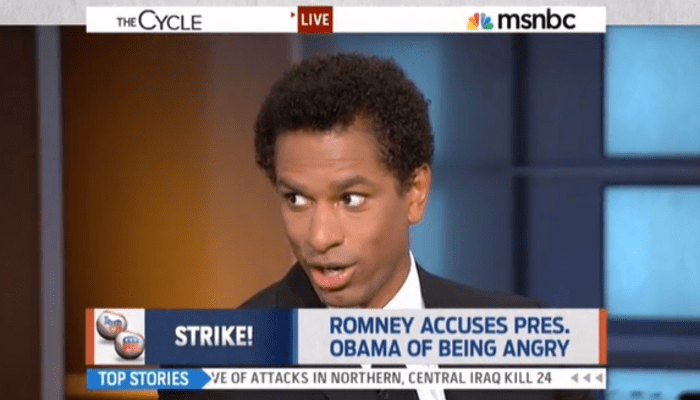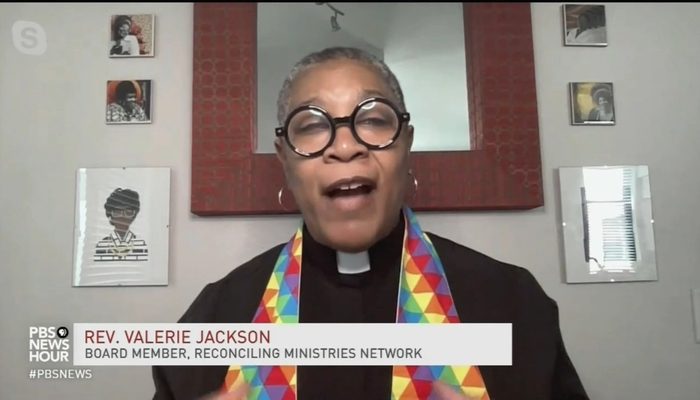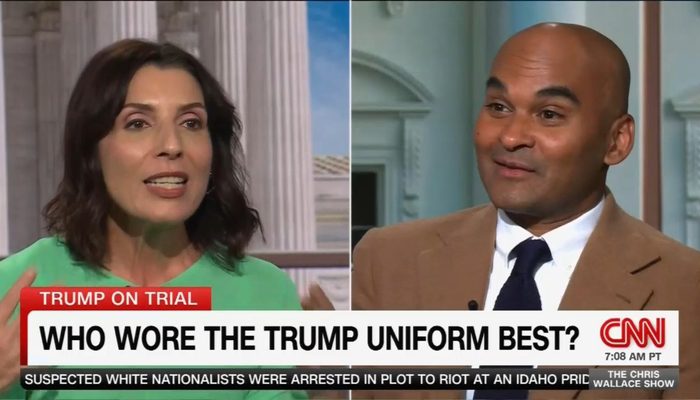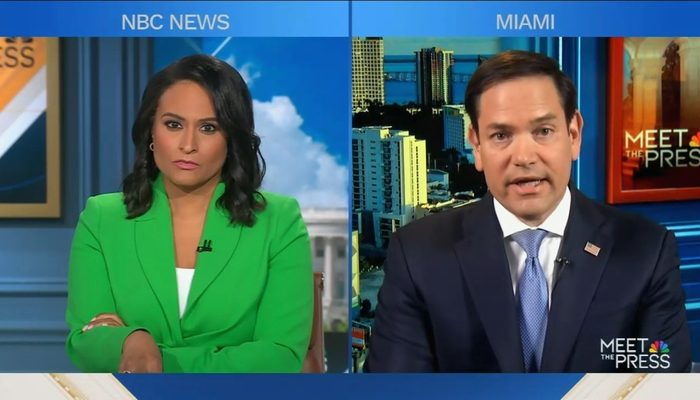In a bold new development, Elon Musk, the fearless tech mogul, has drawn a line in the social media sands, terming “cis” and “cisgender” as slurs on Twitter. This unexpected assertion, branded as a crackdown on politically correct lingo, received an overwhelming chorus of approval from those tired of the leftist agenda encroaching our freedom of speech. The revolutionary statement from Musk swiftly went viral, making the terms a hot topic across the platform. This could potentially herald a new era in social media discourse, offering a powerful rebuttal against the radical left’s narrative.
Elon Musk, the vocal billionaire CEO, has been known for his ability to stir the pot and challenge the status quo. His latest move, however, carries an undertone of significance beyond ordinary controversy. By declaring “cis” and “cisgender” as slurs on Twitter, Musk makes a compelling statement against the targeted use of language as a weapon in the battlefield of identity politics.
Repeated, targeted harassment against any account will cause the harassing accounts to receive, at minimum, temporary suspensions.
— Elon Musk (@elonmusk) June 21, 2023
The words “cis” or “cisgender” are considered slurs on this platform.
The drama unfurled when James Esses, a commentator with a strong voice against trans activism, complained of harassment on Musk’s platform. Esses expressed his refusal to be addressed by the term “cis,” only to be met with a barrage of messages from trans rights activists insisting he was “cis,” whether he liked it or not.
To those who have asked – this is not restricting free speech.
— James Esses (@JamesEsses) June 21, 2023
I did not request, nor did Elon agree, to suspend accounts for using the term ‘cis’. He is talking about “repeated, targeted harassment”.
What this does is restore parity and common sense. pic.twitter.com/K1rcMTbFN4
Cue Musk, who, instead of opting for a diplomatic response, chose to meet the issue head-on. He rebuked the rampant misuse of “cis” and “cisgender,” stating that their usage constitutes hate speech and targeted harassment. This move was lauded by many on Twitter, proving that the majority agreed with Musk’s stance.
Musk’s assertion struck a chord in the Twitter-verse, sparking a poll asking users if they considered “cis” and “cisgender” to be slurs. The response? A resounding ‘yes.’ Seventy-eight percent of respondents rejected these terms, an indicator that public sentiment is aligned with Musk’s viewpoint. The overwhelmingly positive response reasserts Musk’s image as a champion of free speech.
People overwhelmingly reject this obvious slur that bigots are trying to impose
— Elon Musk (@elonmusk) June 21, 2023
Volkmar Sigusch, the sociologist responsible for coining these terms, wasn’t spared from Musk’s ire either. Musk didn’t hold back in expressing his distaste for Sigusch’s views, particularly the sociologist’s controversial statement regarding the sensuality between a child and an adult. The words of Musk, who didn’t shy away from calling Sigusch a “creep,” speak volumes about his refusal to condone harmful ideologies.
As for the fate of those who continue to use “cis” and “cisgender” pejoratively, Musk stated that such targeted harassment would lead to, at minimum, temporary suspensions. While the mechanism of how this will be implemented remains to be seen, it’s evident that Musk is serious about curbing this perceived hate speech.
The irony, however, is not lost on many. Several social media platforms such as Facebook and Instagram do not classify “cis” or “cisgender” as slurs, which speaks volumes about Musk’s unique stance and his willingness to set new norms.
Furthermore, Musk’s bold step can be seen as an indication of his philosophy towards his newfound ownership of Twitter. He acquired the platform in October and since then, he has consistently promised a more unbiased approach to free speech, clearly seen in his recent actions.
Musk’s approach may face criticism from some quarters. But it also resonates with those who believe that dialogue on social media has been hijacked by radical ideologies. His attempt to ensure the platform remains open to diversity of thought is seen by many as a step in the right direction.
As this event unfolds, Musk has proven once more that he is not one to toe the line. His bold declaration resonates with those who believe in the sanctity of freedom of speech and reject the misuse of language for ideological warfare. Although this might draw criticism from some, it’s clear that Musk’s audacious move has solidified his position as a formidable force against the radical left. His stand against the ideological weaponization of language on social media, represented by his recent pronouncement, showcases the potential to redefine the discourse around identity politics in our digital age.
